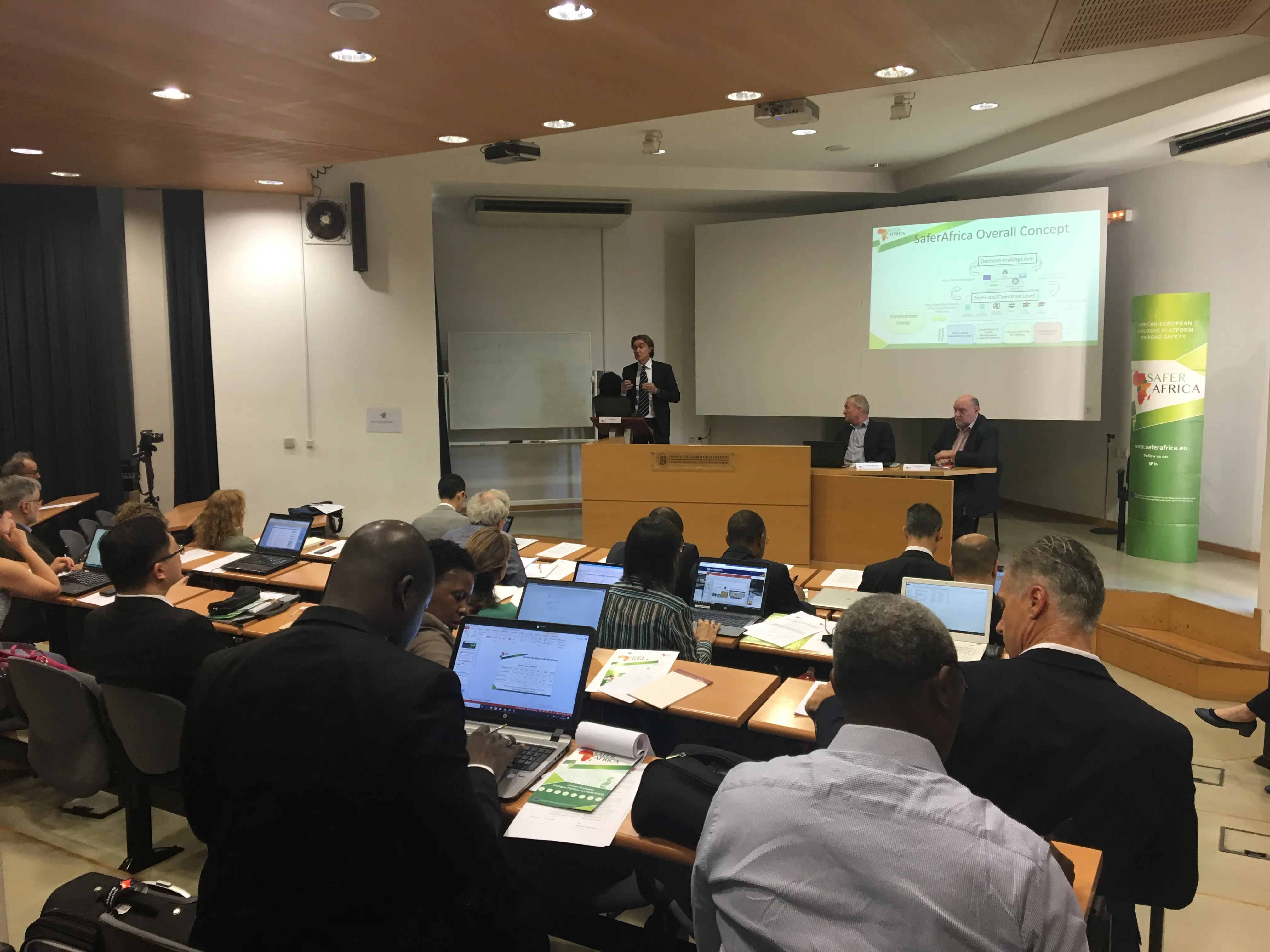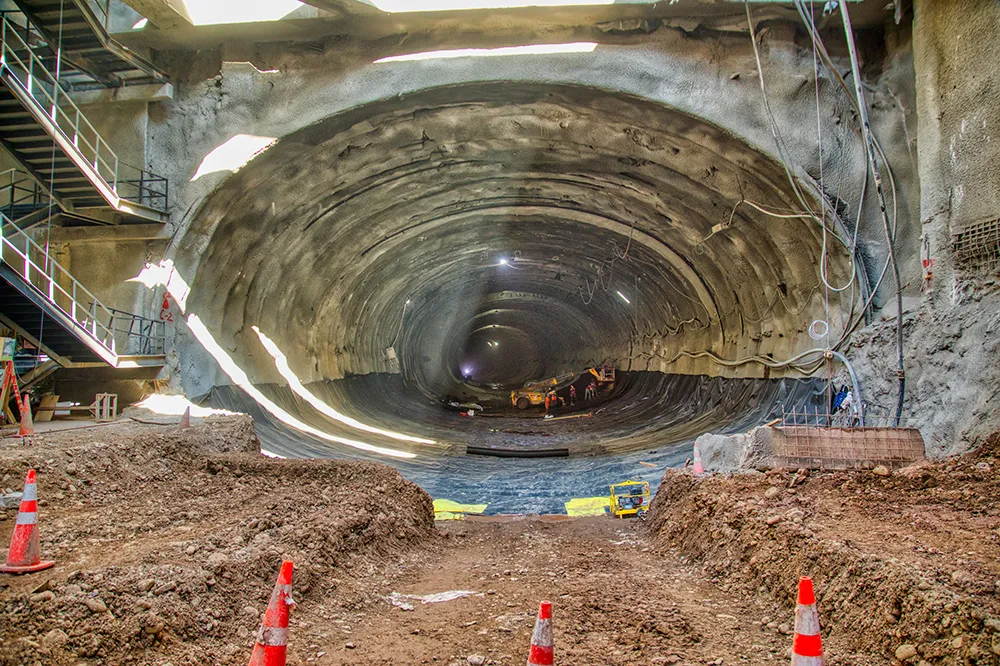Speed control technology has been proposed as a safety solution for commercial vehicles operating in Europe. A European Commission study has explored the use of in-vehicle speed management technologies for commercial vehicles. This has been supported by the European Transport Safety Commission (ETSC) Press Release: Boost for Intelligent Speed Assistance in EU Commercial Vehicles. Intelligent Speed Assistance (ISA) is the term given to a range of devices that assist drivers in choosing appropriate speeds and
November 11, 2013
Read time: 2 mins
Speed control technology has been proposed as a safety solution for commercial vehicles operating in Europe. A 2465 European Commission study has explored the use of in-vehicle speed management technologies for commercial vehicles. This has been supported by the 5801 European Transport Safety Commission (ETSC) Press Release: Boost for Intelligent Speed Assistance in EU Commercial Vehicles. Intelligent Speed Assistance (ISA) is the term given to a range of devices that assist drivers in choosing appropriate speeds and complying with speed limits. Introducing in-vehicle speed management technologies, starting with commercial vehicles in the EU, would implement a long standing recommendation of the ETSC, according to Antonio Avenoso, ETSC executive director. He said, “Speed is the biggest risk factor leading to deaths and injuries on EU roads. Action to observe better compliance with speed limits across the EU is fundamental if we are serious about reducing the unacceptably high toll - in terms of loss of life and limb as well as material costs - of traffic collisions."







